In 2016, California became the first state to implement a ban on single-use plastic grocery bags, marking a significant environmental milestone.
Over the past eight years, this ban has successfully removed billions of flimsy plastic bags from the waste stream and inspired several other states to adopt similar measures.
Unintended Consequences of the Plastic Bag Ban
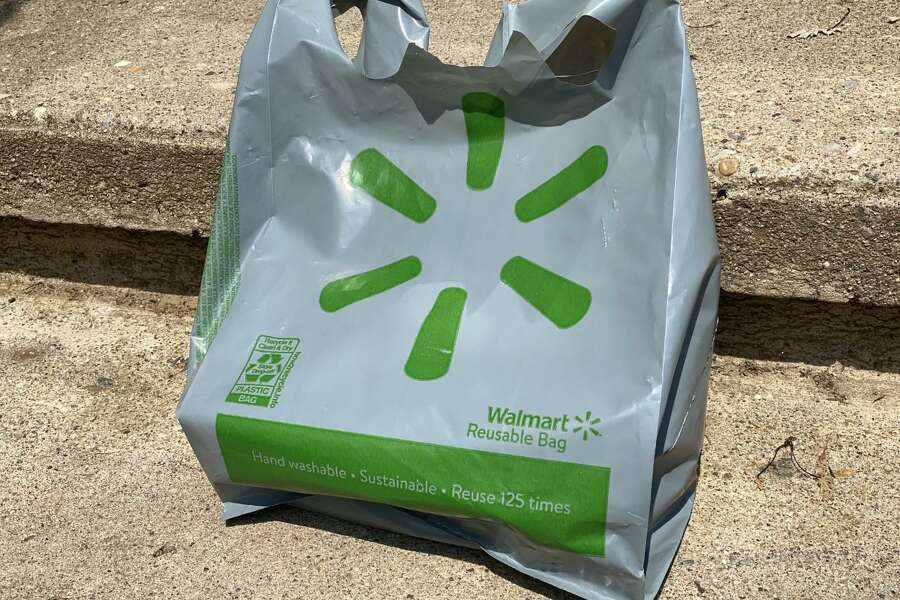
However, the ban has not achieved the environmental benefits it initially promised.
While it reduced one major source of plastic waste, it inadvertently created a new problem: the thicker, reusable convenience bags sold at checkout, which are neither effectively reused nor recyclable.
Surge in Plastic Waste
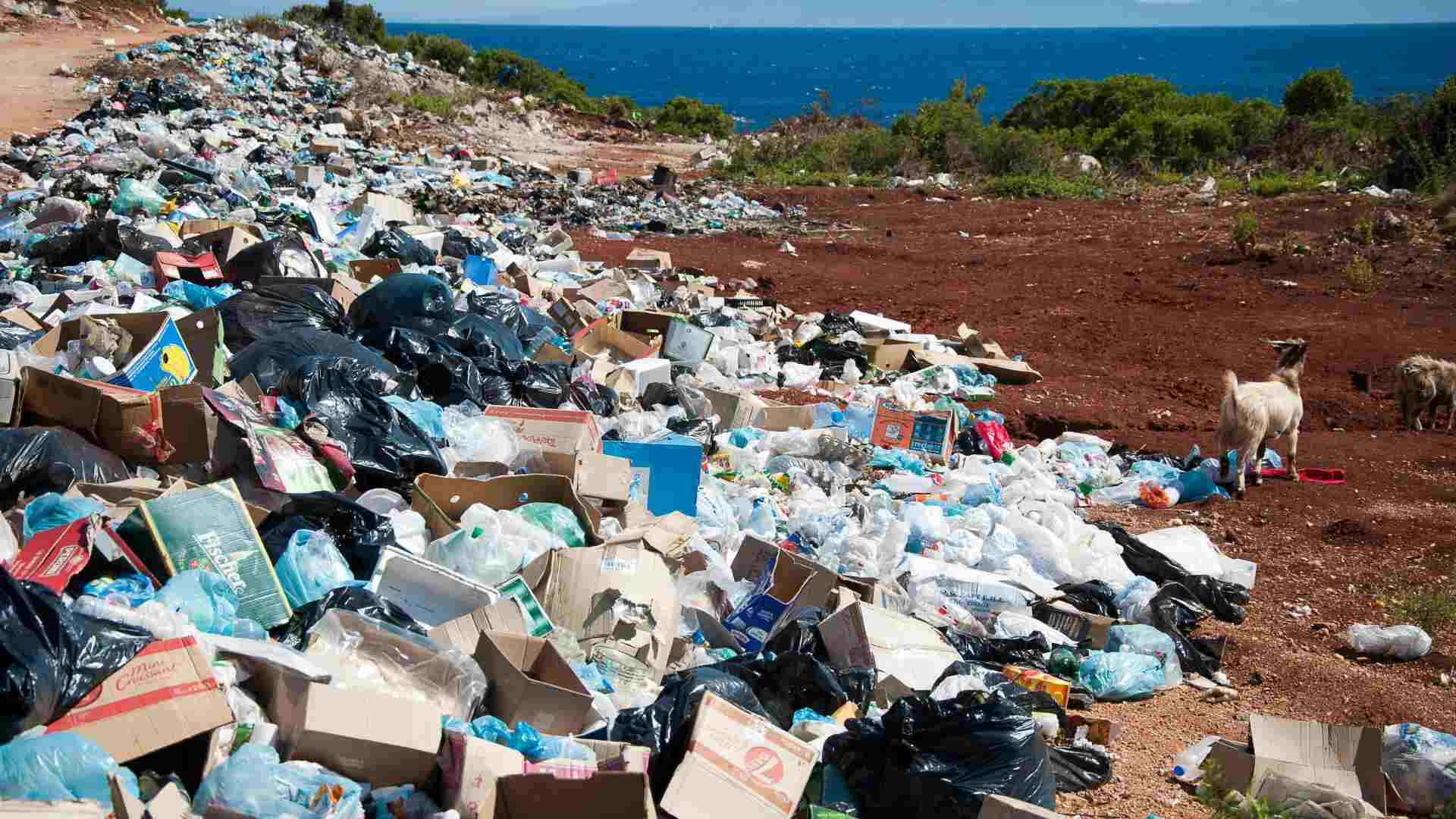
As a result, plastic bag waste in California has surged, reaching unprecedented levels in landfills. This situation demands a re-evaluation and a new approach.
We need a revised plastic bag ban that meets the original goals set by lawmakers in 2014 with Senate Bill 270 and that voters supported in 2016 by rejecting an industry-led ballot measure to overturn the ban.
Durable “Reusable” Bags
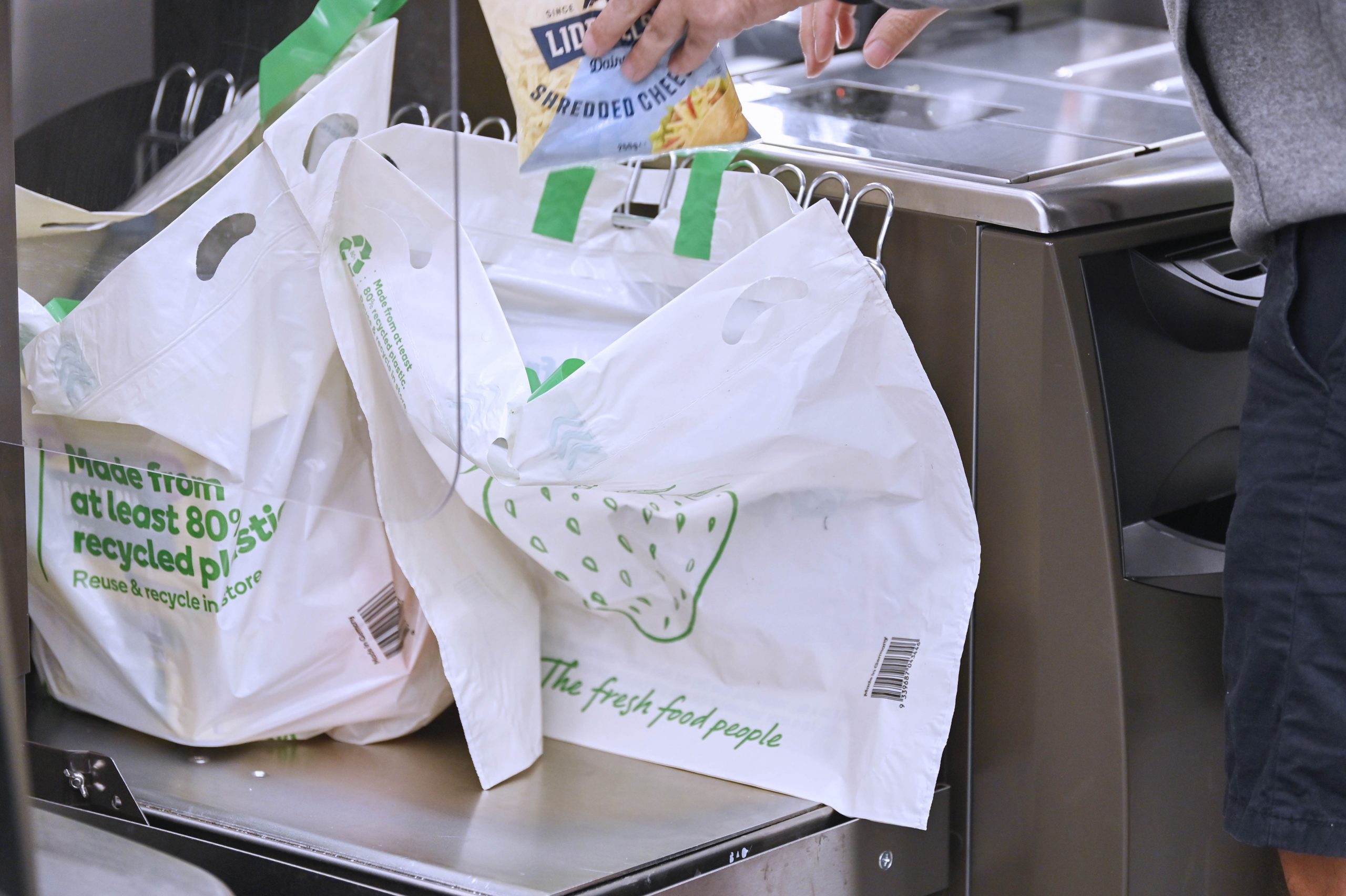
This issue isn’t due to any exploitation of loopholes or underhanded tactics; it’s a result of unintended consequences.
The 2014 legislation allowed retailers to sell more durable “reusable” and recyclable bags for at least 10 cents each, a decision that seemed reasonable at the time.
The Fate of Thicker Bags
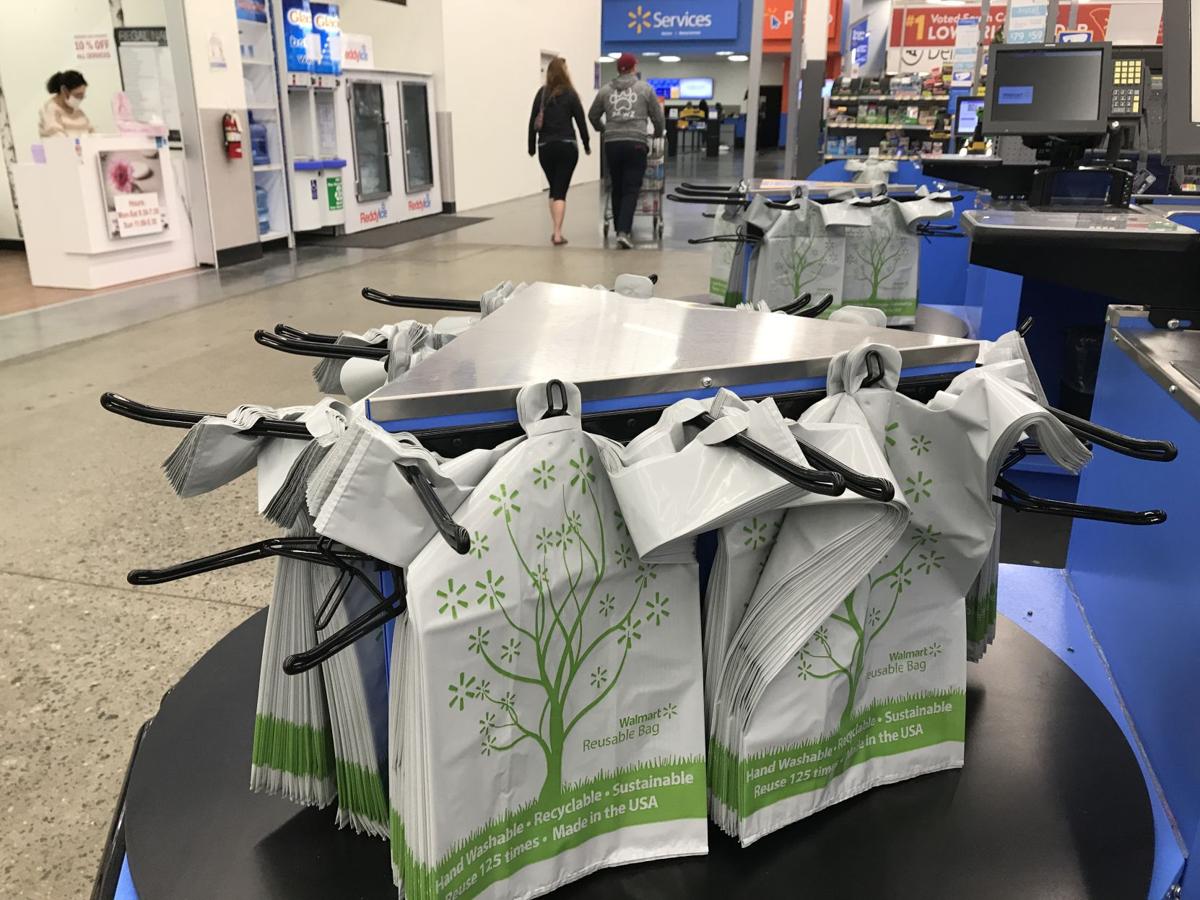
Many retailers were already offering reusable bags. However, those thicker bags, designed to be reused up to 125 times, ended up being treated as disposable.
Retailers distributed them freely, and consumers were unable to recycle them as no recycling facility in California accepts these bags.
Pandemic Setback
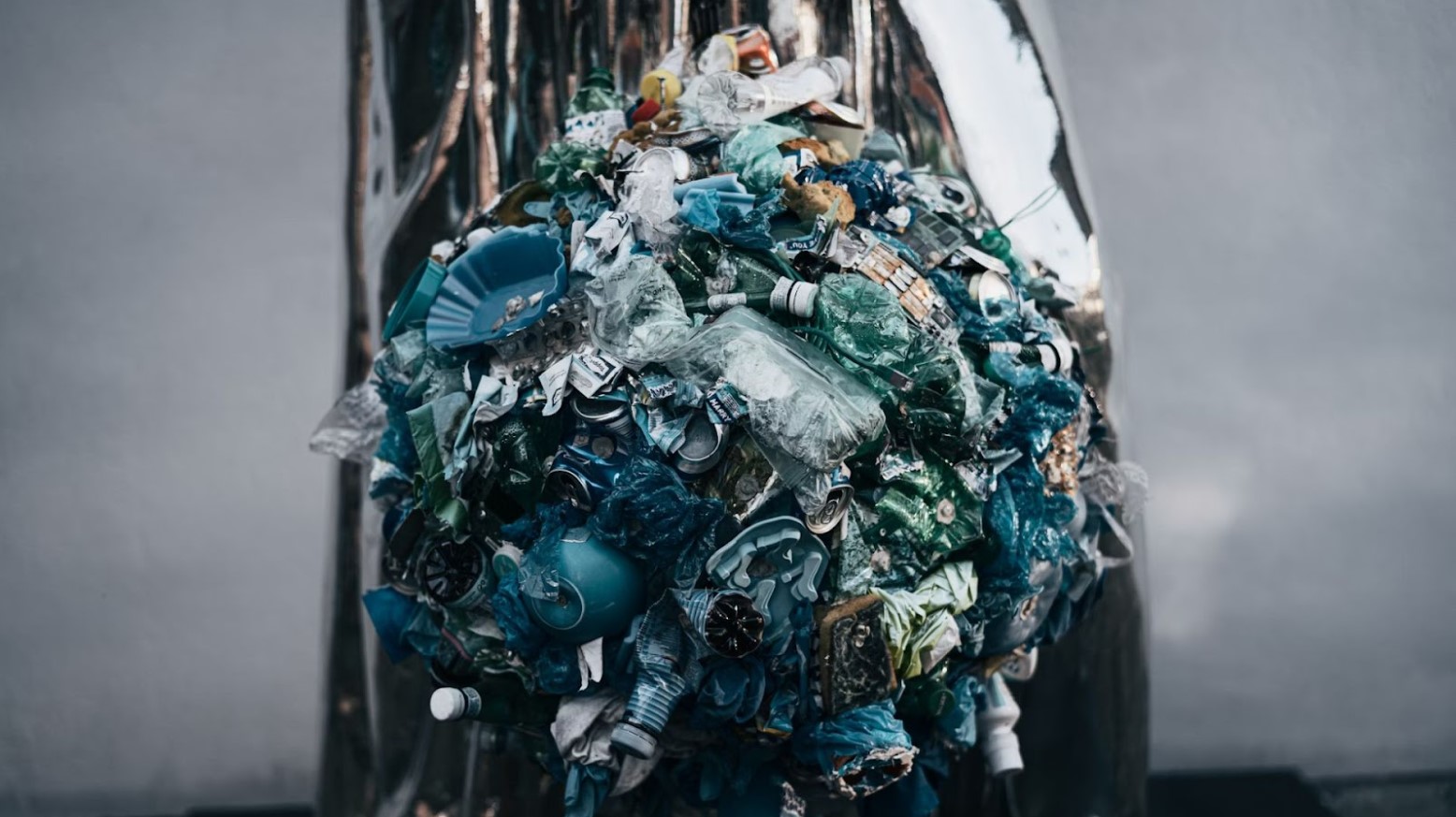
The situation worsened with the pandemic when the governor temporarily suspended the plastic bag ban, and grocers advised against using reusable bags due to virus concerns.
According to CALPIRG, in 2014, California disposed of approximately 157,385 tons of plastic bag waste. By 2022, that number had increased to around 231,072 tons—a nearly 50% rise.
A Promising Solution

Fortunately, a solution is on the horizon. Two bills, Assembly Bill 2236 and Senate Bill 1053, are progressing through the Legislature.
These bills propose banning all plastic bags from grocery store checkouts starting in 2026.
Permitting Only Recycled Paper and Reusable Bags
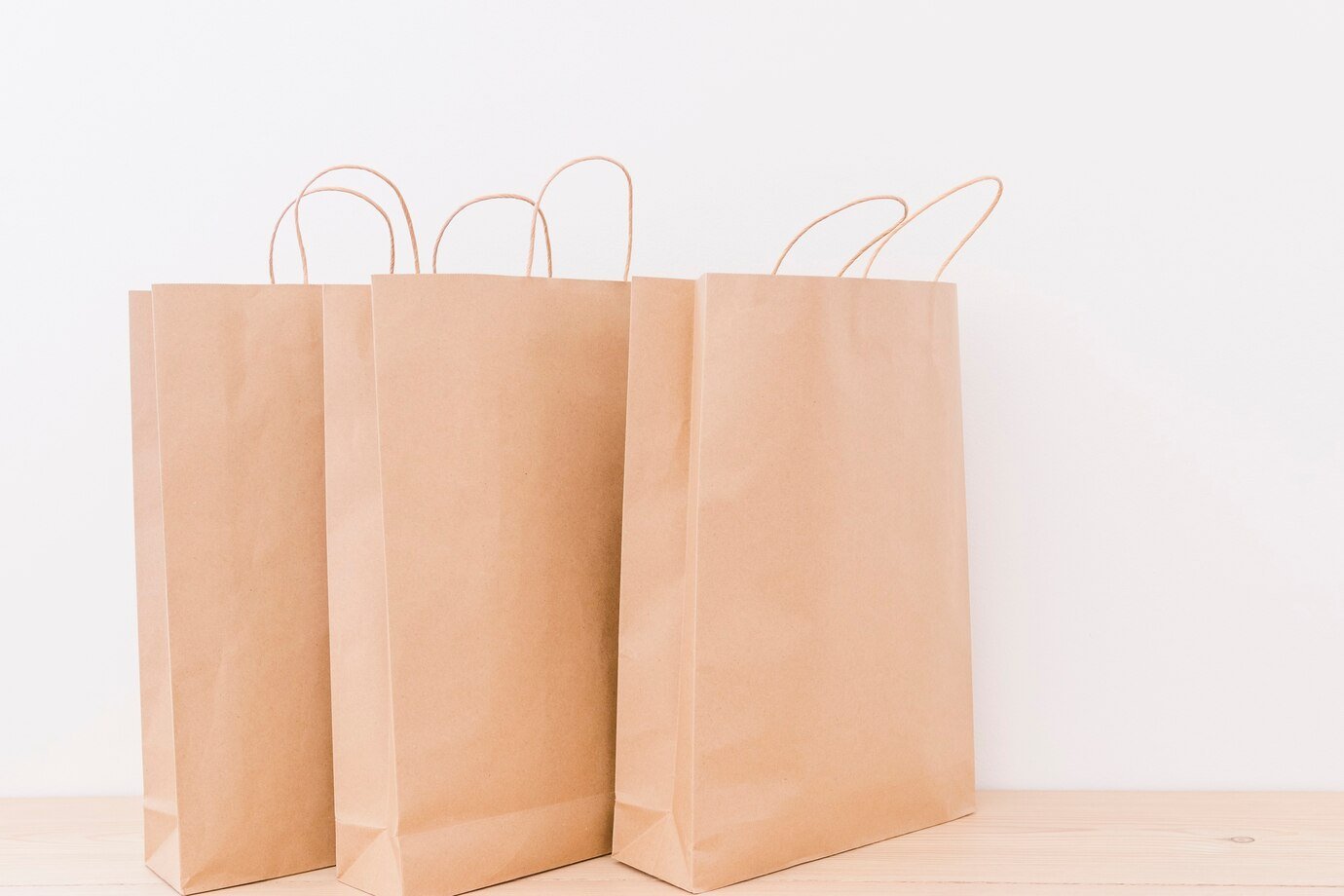
Under the new legislation, only paper bags made from at least 50% recycled materials and truly reusable bags brought by shoppers will be permitted.
The bills would also apply to grocery delivery services, such as Instacart and DoorDash, which were less prevalent a decade ago.
Exemptions and Support

However, the bills retain some exemptions, including for farmers markets, restaurants, and certain retail stores, missing an opportunity to further reduce plastic waste.
Supported by the California Grocers Association, which endorses the legislation as beneficial for its customers, the bills are expected to drive adaptation among consumers.
Shift to Paper Bags
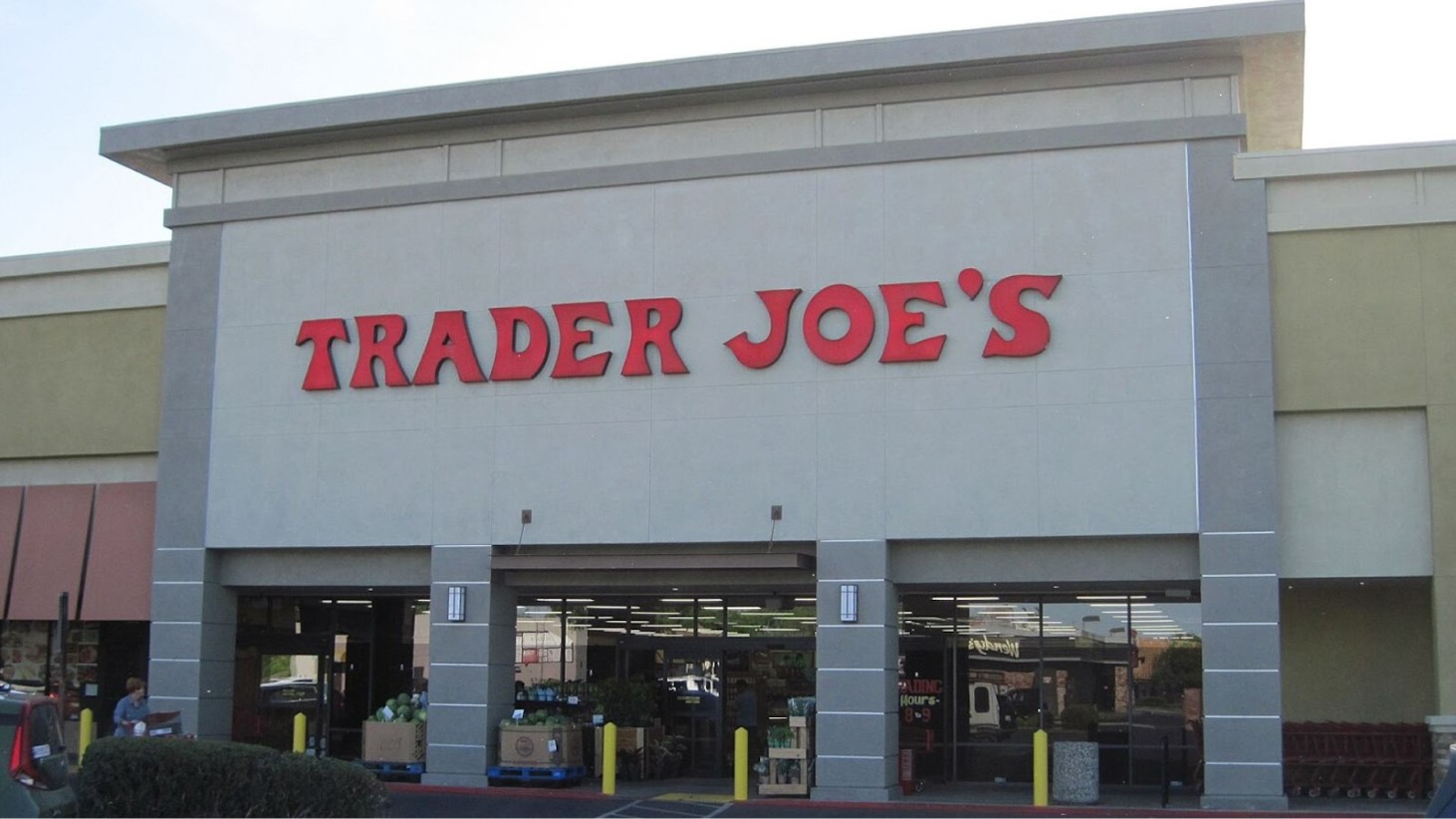
Retailers like Trader Joe’s and Whole Foods have already shifted to paper bags, proving that such changes are manageable.
The plastic industry, however, opposes the expanded ban.
Profits vs. Public Burden

Companies that produce and sell single-use plastic items have profited immensely at the expense of the environment.
This has left the public shouldering the costs of cleanup and environmental damage.
Steps Forward

While grocery bag bans alone won’t resolve the global plastic waste crisis, they are a step in the right direction. Comprehensive action to eliminate disposable plastic packaging on a broader scale is necessary.
California has made progress with Senate Bill 54, which aims to phase out most plastic products on grocery store shelves by 2032. Addressing plastic bags sooner is both feasible and essential.








































